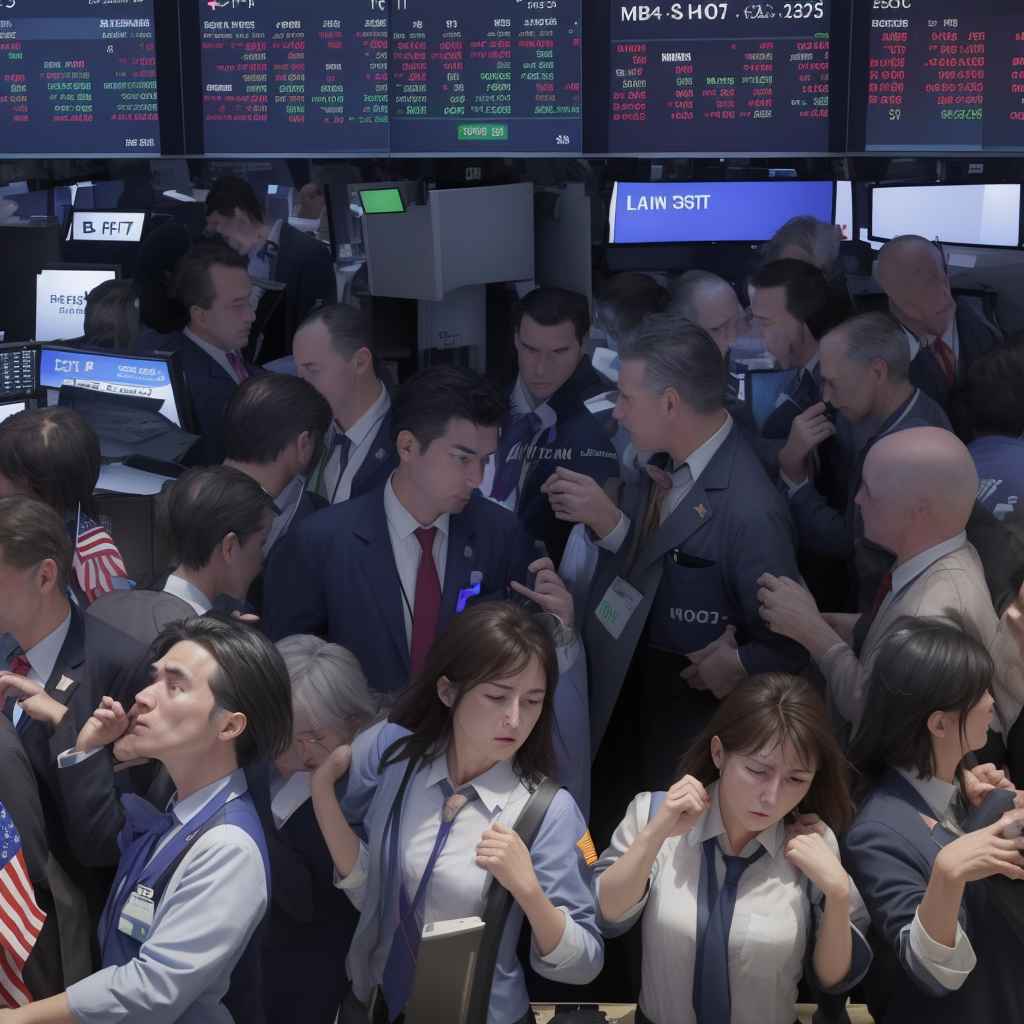
Global Markets Reel as Trade Tensions Escalate
US Stocks Plummet as Tariff Fears Mount
US stocks suffered their worst day in over six months on Monday, as investors grew increasingly anxious about the prospect of tariffs on Chinese goods. The Dow Jones Industrial Average plummeted 425.45 points, or 1.6 percent, to close at 24,574.52, while the S&P 500 fell 1.3 percent to 2,632.08. The Nasdaq Composite dropped 1.5 percent to 7,011.56.
The sell-off was sparked by concerns that the US and China are on the brink of imposing tariffs on each other's goods, which could have far-reaching consequences for global trade and economic growth. The US is set to impose tariffs on $34 billion worth of Chinese goods on Friday, while China has threatened to retaliate with its own tariffs on US goods.
"The market is getting increasingly nervous about the escalating trade tensions between the US and China," said Peter Cardillo, chief market economist at Spartan Capital Securities. "The uncertainty is creating a lot of anxiety among investors, and it's causing them to sell their stocks and wait for some clarity on the trade front."
The US Treasury market also felt the impact of the tariff fears, with the yield on the 10-year note falling to its lowest level since September 2017. The yield on the 10-year note fell 7.5 basis points to 2.10 percent, while the yield on the 2-year note fell 6.5 basis points to 2.14 percent.
The trade tensions have also had a significant impact on the US dollar, which fell against a basket of major currencies. The dollar index fell 0.4 percent to 94.56, its lowest level since April 2018.
The market sell-off was widespread, with all 11 sectors of the S&P 500 falling. Technology, which is heavily reliant on global supply chains, was among the hardest hit, falling 2.1 percent. The sector is particularly vulnerable to trade tensions, as it relies on a complex network of suppliers and manufacturers around the world.
The US stock market has been volatile in recent weeks, driven by concerns about the impact of trade tensions on the economy. The market has been on a rollercoaster ride since the start of the year, with the Dow Jones Industrial Average falling as much as 10 percent in January before rebounding in February.
Despite the market volatility, many investors remain optimistic about the long-term prospects for the US economy. The US economy has been growing steadily, and many economists believe that it will continue to grow at a moderate pace in the coming months.
However, the escalating trade tensions with China are a major concern for investors, and could have significant implications for the economy and the stock market. The US and China are the world's two largest economies, and their trade relationship is critical to global economic growth.